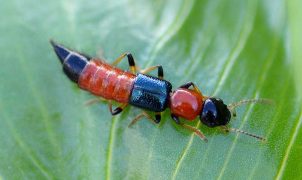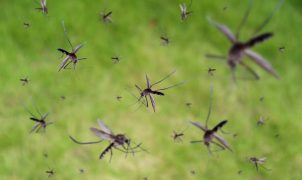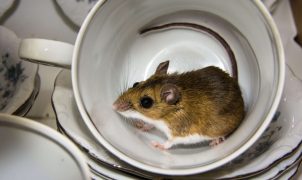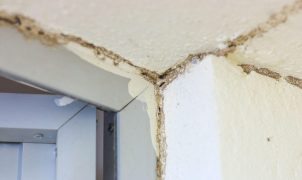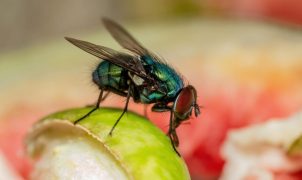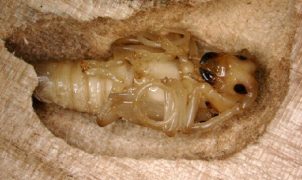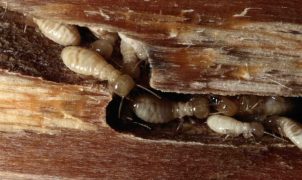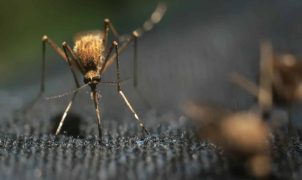Being bitten by a mouse may seem harmless at first, but did you know that mice carry approximately 20% of blood-borne bacteria? Contrary to common belief, mouse bites are not just about material damage; they pose serious health risks to humans. In this article, we’ll explore the potential dangers of mouse bites, the associated diseases, and crucial steps for prevention.
1. Are Mouse Bites Drawing Blood Harmful?
Many underestimate the consequences of mouse bites, assuming them to be benign. However, mice, being prolific gnawers, can transmit various diseases through their bites, adversely affecting human health.
2. Health Risks of Mouse Bites:
- Sodoku Disease:
- Caused by the Spirillum minus bacteria present in mouse bites.
- Incubation period: 5-6 weeks.
- Symptoms include irregular fever, seizures, hallucinations, and skin lesions.
- Leptospirosis (Ditch Fever):
- Transmitted through direct contact with mouse urine, infected food, or contaminated water.
- Manifests as high fever, muscle pain, and nausea.
- Haverhill Fever:
- Resulting from bites of mice carrying Streptobacillus moniliformis.
- Initial symptoms involve sudden fever, headaches, and joint pain.
- Hantavirus Infection:
- Contracted by inhaling airborne particles from mouse waste.
- Initial flu-like symptoms progress to Hantavirus Pulmonary Syndrome (HPS) with severe respiratory distress.

3. What to Do When Bitten by a Mouse:
In case of a mouse bite drawing blood, immediate action is essential to minimize the impact:
- Quickly clean the wound with warm water and soap to eliminate harmful bacteria.
- Monitor the wound for signs of infection, such as redness or discharge.
- Apply antibiotic ointment and use sterile gauze to prevent bleeding and infection.
- Seek advice from a local pharmacy for suitable over-the-counter medications.
4. Prevention Strategies Against Mouse Bites:
- Maintain a clean and organized living space, eliminating potential hiding spots for mice.
- Properly store food to discourage mice and minimize attractants.
- Seal entry points, ensuring doors and cabinets are mouse-proof.
- Use gloves and a mask when handling potential mouse-infested areas.
- Employ specialized cleaning products to sanitize areas contaminated by mouse urine or feces.
- Consider using gloves when handling traps to catch mice safely.
Conclusion:
Understanding the risks associated with mouse bites and adopting preventive measures is crucial for safeguarding your health. Promptly addressing wounds and implementing effective prevention strategies will help mitigate the potential dangers posed by these seemingly harmless creatures.
Cre: a2zservices

